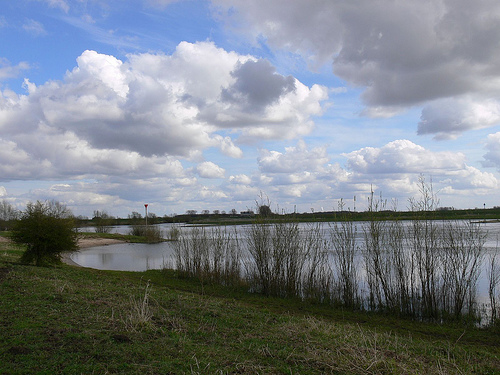Drinking water firms urge Germany to act on Rhine PFAS discharge

Dutch drinking water firms have written to German environment minister Steffi Lemke urging her to “set boundaries” for the discharge of toxic PFAS chemicals into the river Rhine.
The Rhine is an important source of fresh water for Dutch households.
“Dutch citizens and companies will need more clean drinking water in the coming years, but producing it is becoming increasingly expensive due to industrial dumping in Germany.” the drinking water company association RIWA said.
German waste discharges into the river do not comply with national agreements on water quality or European ones which call for limits and, ultimately, none at all, RIWA claims.
In addition, the agreements that have been made are not being followed and are not legally enforceable, the association said. As a result, RIWA says, in some places, 10 times more PFAS is being discharged than agreed and Rhine water contains three to four times more PFAS than deemed safe.
PFAS is a collective name for some 4,000 “forever chemicals” that do not break down in the environment. For example, PFAS is used in the non-stick coating in pans and to make rainwear waterproof.
PFAS pollution is a growing problem in the Netherlands. In July government officials sharpened their warnings about not letting children play in sea foam while at the beach because it could contain high concentrations of PFAS.
Last year the RIVM warned people who go fishing as a hobby to sharply reduce their consumption of fish, shrimp, oysters and mussels caught in the Westerschelde estuary because of chemical pollution.
In 2021 it emerged that chemicals company 3M in Belgium was flushing thousands of kilos of PFAS into the river, leading to research into the concentration of the chemicals in fish.
Research by the European Pesticides Action Network found PFAS pesticides were present in 27% of Dutch and Belgian fruit and veg samples. The chemical has also been found in the eggs of hens kept as a hobby nationwide.
Thank you for donating to DutchNews.nl.
We could not provide the Dutch News service, and keep it free of charge, without the generous support of our readers. Your donations allow us to report on issues you tell us matter, and provide you with a summary of the most important Dutch news each day.
Make a donation